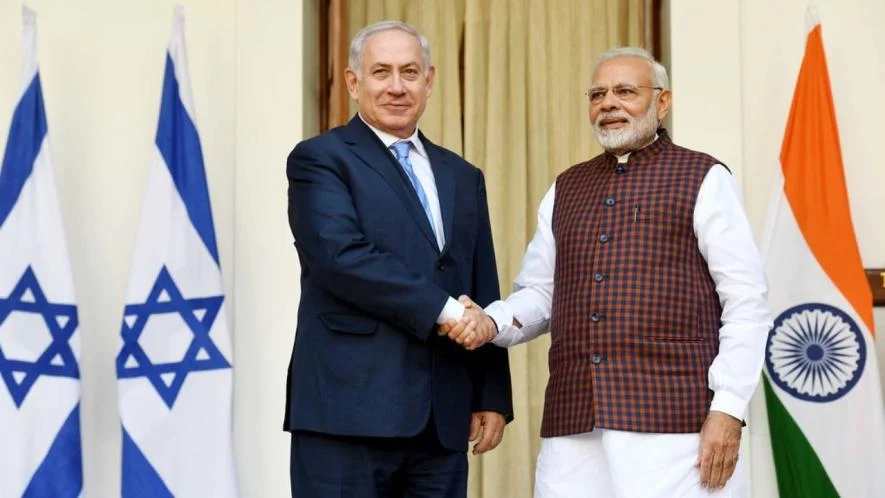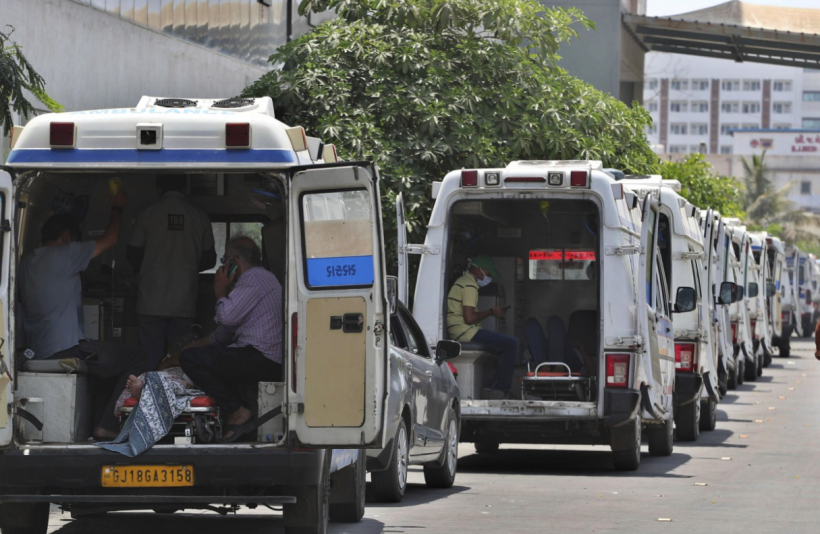It is an interesting coincidence that ‘Best Friends’ Netanyahu and Modi have been put on the defensive by the judiciary, which they so tried to control.

..[t]here is another way to break a democracy. It is less dramatic but equally destructive. Democracies may die at the hands not of generals but of elected leaders—presidents or prime ministers who subvert the very process that brought them to power. Some of these leaders dismantle democracy quickly, as Hitler did in the wake of the 1933 Reichstag fire in Germany. More often, though, democracies erode slowly, in barely visible steps.
How Democracies Die – Steven Levitsky and Daniel Ziblatt
The greatest danger the tyrant can inflict is to limit us to his range of options, not only “for how to live, but also for how to exercise our options.”
– Hisham Matar
(American born British-Libyan writer)
Every hurried and ill-thought attempt to browbeat the judiciary on the basis of legislative majority hides the possibility of a backfire.
Israel’s Prime Minister Benjamin Netanyahu, popularly known as ‘Bibi’, is learning this lesson the hard way, in the midst of a genocidal war he has unleashed against the Palestinians — a war which has already killed more than 30,000 people — mostly women and children.
Gone are the days when he was riding the popularity charts. Today, after the attacks on Gaza, there is increasing discontent among the Israeli people themselves against this ‘unending war’ which has manifested itself in the demand of Bibi’s quitting to ‘Save Israel’. Massive protest demonstrations have been held in different parts of Israel.
The recent judgements of the Supreme Court of Israel have further added to Netanyahu’s discomfort. ( Please read the complete article here)




 The eve of India’s 66th Independence Day is a time as good as any to read this poem by RABINDRANATH TAGORE, even as India gets ready to sing to martial tune another Tagore poem, Jana Gana Mana. This English translation was published at the end of Tagore’s 1918 book,
The eve of India’s 66th Independence Day is a time as good as any to read this poem by RABINDRANATH TAGORE, even as India gets ready to sing to martial tune another Tagore poem, Jana Gana Mana. This English translation was published at the end of Tagore’s 1918 book, 



